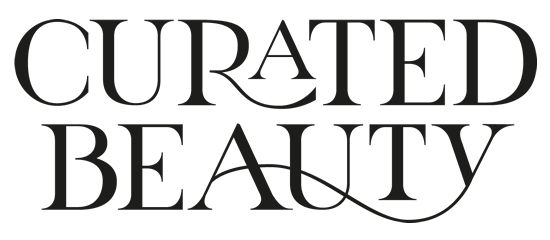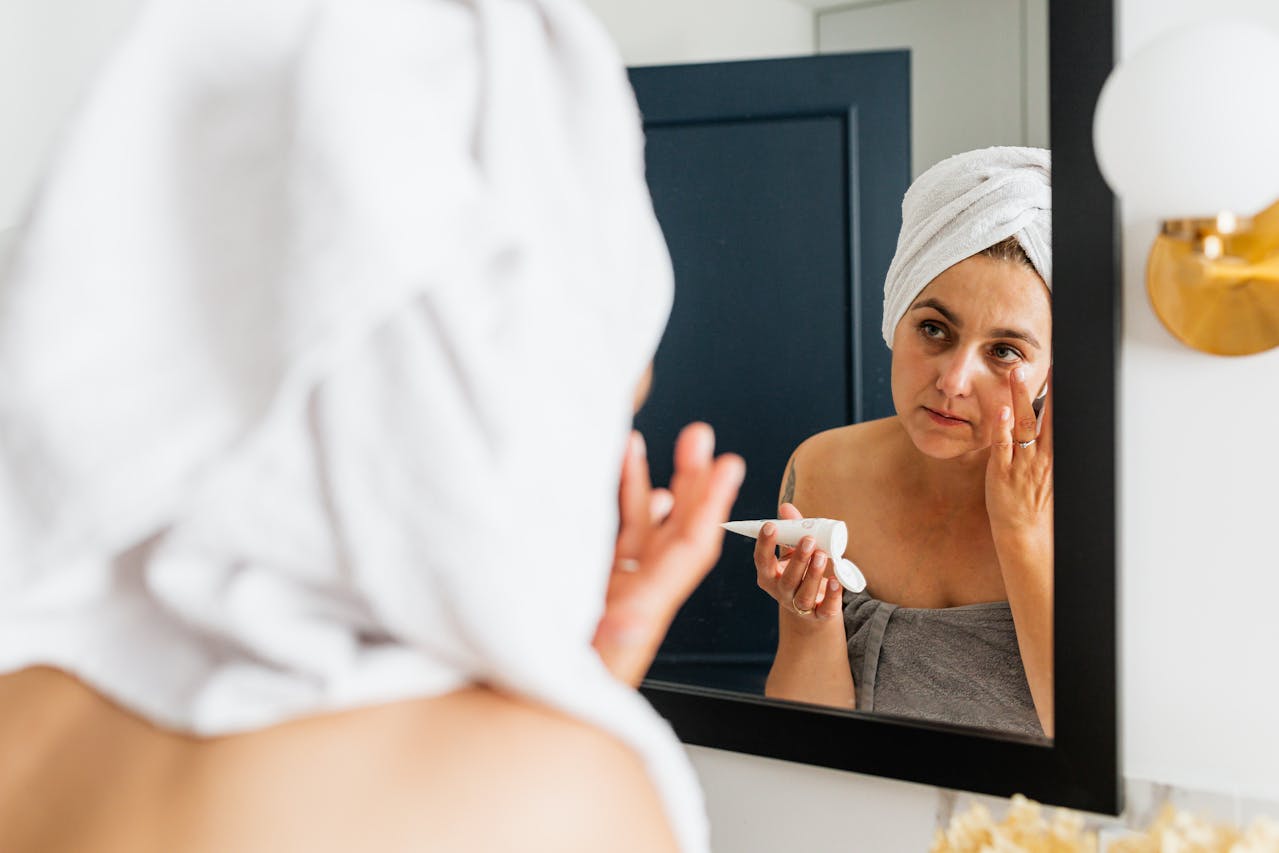Retinol and retinal are both powerful ingredients often found in skincare products, particularly those aimed at reducing the appearance of fine lines, wrinkles, and hyperpigmentation. While they share similar benefits, there are key differences in their chemical structure and potency that can impact their effectiveness and potential side effects.
Retinol: The Classic Anti-Aging Ingredient
Retinol, a derivative of vitamin A, has been a staple in skincare for decades. It works by penetrating the skin and converting into retinoic acid, a potent compound that stimulates cell turnover and collagen production. This process helps to improve skin texture, reduce the appearance of wrinkles, and fade dark spots.
Pros of Retinol:
- Widely available and affordable
- Effective for addressing various skin concerns
- Can be used as a preventative measure to slow down ageing
Cons of Retinol:
- Can cause irritation, redness, and dryness, especially when first starting to use it
- May take several weeks or months to see visible results
Our Top 3 Retinol Products:
Murad Retinol Youth Renewal Serum
Dermalogica Dynamic Skin Retinol Serum
Retinal: A Potent Upgrade
Retinal, a newer addition to the skincare market, is considered a more potent form of vitamin A than retinol. It is chemically closer to retinoic acid, allowing it to penetrate the skin more quickly and start working faster. Retinal is often recommended for those who have already built a tolerance to retinol or are seeking more dramatic results.
Pros of Retinal:
- More potent than retinol
- Faster-acting
- Can be effective for addressing stubborn fine lines and wrinkles
Cons of Retinal:
- Can be more irritating than retinol, especially for those with sensitive skin
- May be more expensive than retinol
Our Top 3 Retinal Products:
Medik8 Crystal Retinal Ceramide Eye 3
Choosing the Right Product for You
When deciding between retinol and retinal, it’s important to consider your skin type, sensitivity, and desired results. If you have sensitive skin, it’s generally recommended to start with a lower concentration of retinol and gradually increase as your skin adapts. Retinal, on the other hand, may be a better option for those with thicker, less sensitive skin or who are seeking more immediate results.
Additional Tips:
- Start slow: Begin with a low concentration of retinol or retinal and gradually increase as your skin tolerates it.
- Use sunscreen: Retinol and retinal can increase sun sensitivity. Always wear sunscreen with a broad-spectrum SPF of 30 or higher during the day.
- Be patient: It may take several weeks or months to see significant results from using retinol or retinal.
By understanding the differences between retinol and retinal, you can make an informed decision about which ingredient is best suited for your skincare needs and achieve your desired results.


